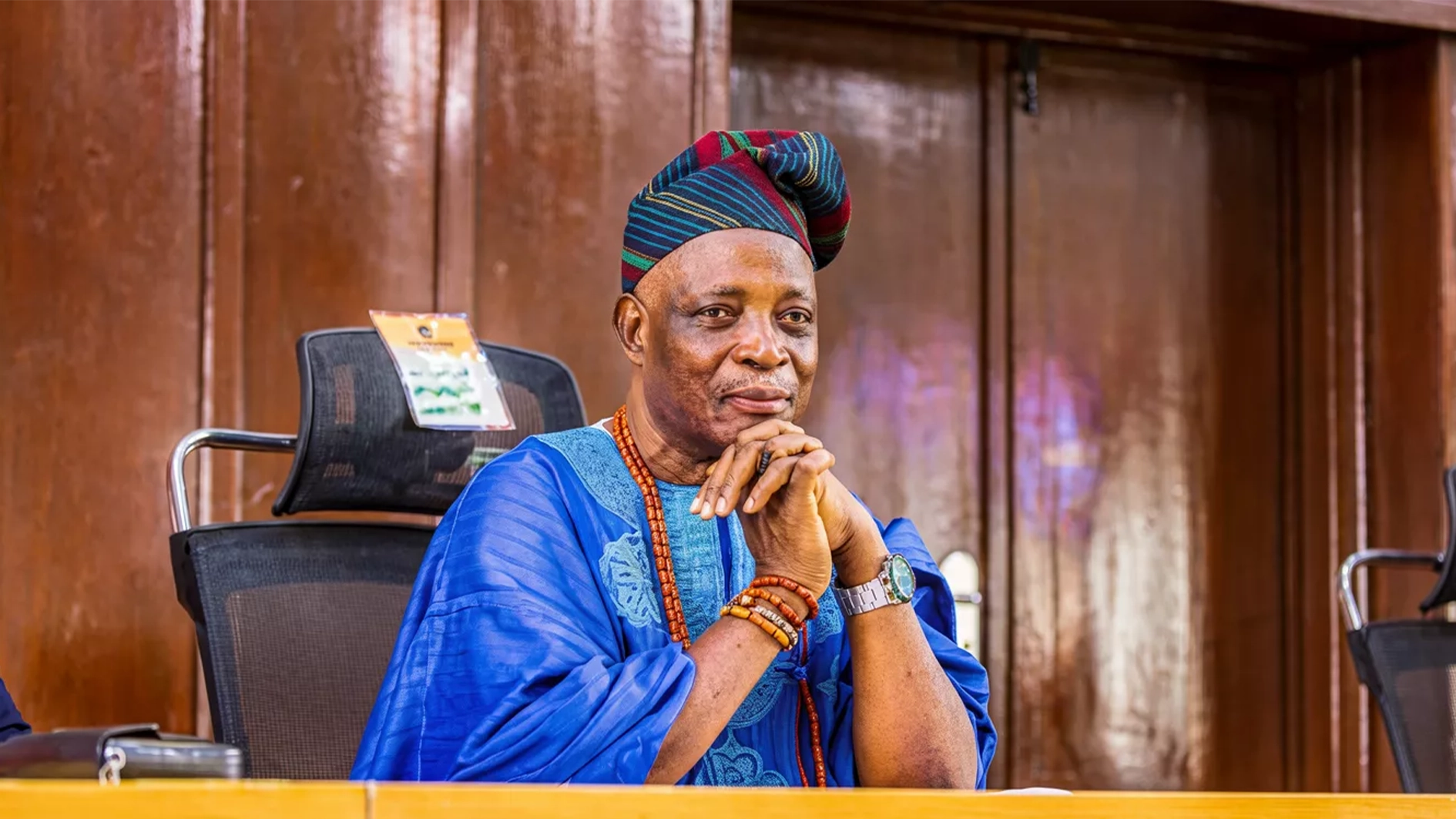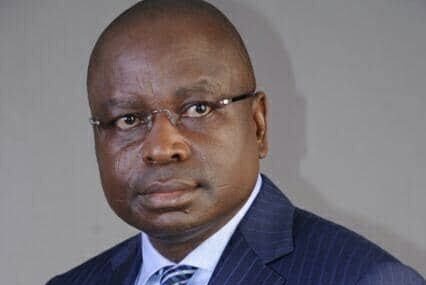Nigerian lawmakers and population experts have renewed calls for the immediate conduct of a national population and housing census, warning that the prolonged delay is undermining planning, governance, and youth development.
Speaking at the 2025 World Population Day event in Abuja, Senator Victor Umeh, Chairman of the Senate Committee on National Population and Identity, said Nigeria cannot afford to continue making policies based on assumptions.
“Our last census was 19 years ago. Every day we hear that Nigeria has about 230 million people, but someone recently said we’ve surpassed 300 million—I couldn’t argue. That’s how deep the uncertainty runs,” Umeh said.
He linked the absence of credible, disaggregated data to inefficiencies in governance, especially in addressing youth unemployment, housing shortages, and education access.
“To truly empower our youth, we need accurate data. A credible census is essential for inclusive development and equitable resource distribution,” he said, pledging that the Senate would support the National Population Commission (NPC) with the required legislative framework and funding.
His counterpart in the House of Representatives, Hon. Okunjimi Odimayo, echoed the concerns and urged President Bola Tinubu to act swiftly.
“Accurate data is not a luxury. It is the foundation of planning. The biggest challenge Nigeria faces today is data absence,” Odimayo said. “Without reliable numbers, we’re building policy on assumptions — and assumptions are not realistic.”
NPC Chairman, Nasir Isa Kwarra, stated that over 60% of Nigeria’s population is under 30, representing more than 130 million people. He said the commission is committed to producing reliable data that reflects this demographic reality.
“This means we must invest in education, healthcare, employment, and governance—and we must base these investments on facts, not guesswork,” Kwarra said. “Conducting a national census every ten years is a global standard, and Nigeria must comply.”
He added that beyond gathering numbers, the census would provide data needed for effective housing policy, economic planning, and youth-focused initiatives.
The Deputy Representative of the United Nations Population Fund (UNFPA) in Nigeria, Koessan Kuawu, stressed the importance of data-driven policy and youth participation.
“Let’s listen to what young people want and create the conditions that enable them to exercise their rights and enjoy a hopeful future,” he said.
Nigeria has not conducted a national census since 2006, when it recorded a population of 140 million. Plans for a digital census scheduled for May 2023 under President Muhammadu Buhari were postponed to allow the incoming administration to assume oversight.
Efforts to reschedule the census have stalled due to insecurity, funding shortfalls, and political concerns. Experts at the event said the continued delay threatens national development and puts pressure on public services across all sectors.






